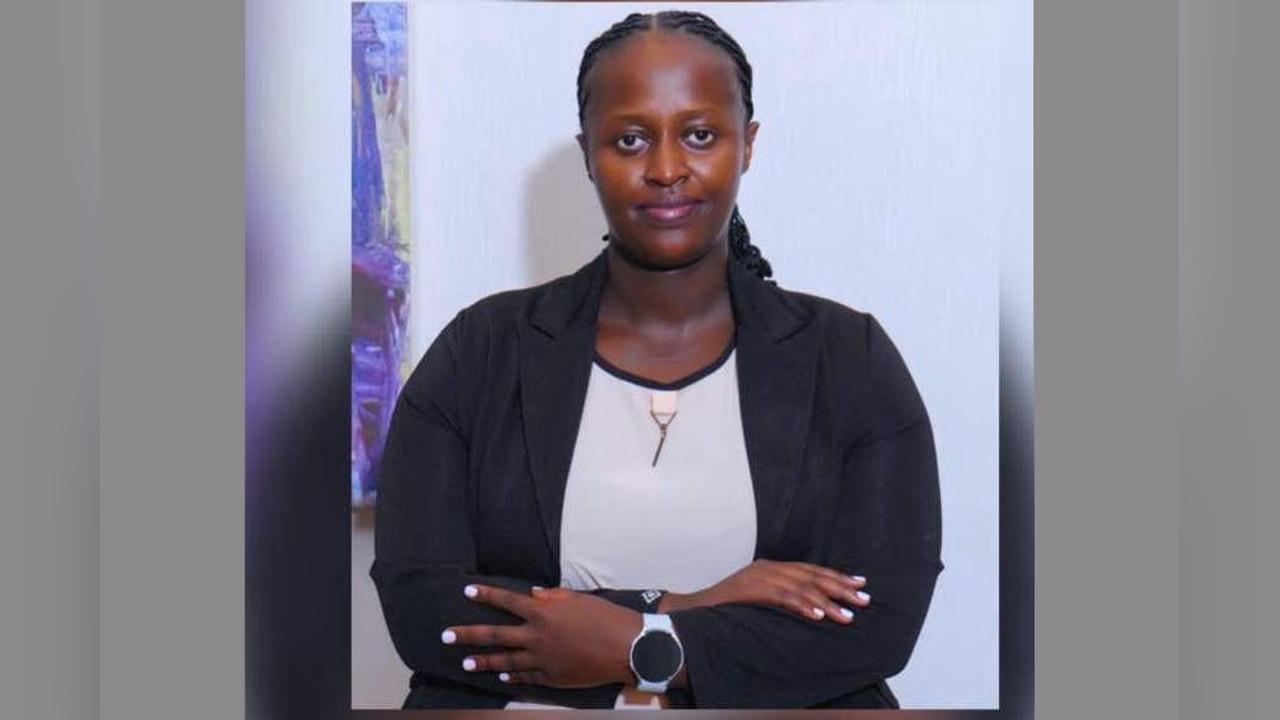By Brendah Akankunda
Africa-Press – Uganda. When I stepped into the bustling halls of the World of Coffee 2025 in Geneva, the first thing that hit me wasn’t the smell of freshly brewed espresso or the glimmer of high-end roasters—it was the quiet confidence of Uganda’s coffee producers.
Representing our country on a global stage, they stood tall beside giants, not just with pride in our beans, but with a message: Uganda is ready—and determined—to do business responsibly.
For years, Uganda’s coffee has told a story of resilience. From the lush hills of Bushenyi to the dry lands of Kapchorwa, over 3 million smallholder farmers cultivate this crop, not with machines or chemicals, but with their hands, families, and tradition. 85–90% of the coffee comes from these small family farms, most of which are less than two hectares. They interplant coffee with bananas and beans, using every inch of land to feed both the soil and their children.
But today, resilience means something more. A New Global Demand; Global markets are shifting. For Uganda, where coffee is the leading export and livelihood for millions, the implications are profound.
Smallholder farmers—despite their critical role in the supply chain—have little capacity to meet these complex requirements. Many earn just a few hundred dollars a year from coffee. Most don’t have access to GPS mapping tools, legal support, or traceability systems.
Yet despite these odds, Uganda is not backing down. Instead, It is rising—with resilience, but also with a clear call: compliance must be equitable.
Equitable compliance means recognizing that not all actors in the supply chain have the same resources, and that responsibility cannot simply be pushed down to those with the least capacity to carry it. For Uganda’s farmers, that means they must be supported, not penalized.
Cooperatives have emerged as a crucial ally in this journey. In districts like Mitooma and Masaka, cooperatives are stepping up—training farmers on good practices, conducting internal risk assessments, and adopting certification systems. They serve as a bridge between rural communities and global markets, offering a path toward compliance that is both practical and people-centered.
There’s growing awareness that compliance isn’t about ticking boxes—it’s about securing the future of the coffee sector.
In recent months, Uganda has made quiet but determined moves to align with global expectations. A national coordination platform has brought together ministries, exporters, cooperatives, and civil society to chart a path forward. Reviews of the legal frameworks are underway, identifying areas where national policies can better reflect international due diligence standards.
And perhaps most importantly, there is political will. At the World of Coffee, Uganda’s delegation, led by the Minister of State for Agriculture, Hon. Fred Kyakulaga Bwino made it clear: Uganda will not be left behind. Our story will not be one of exclusion—but of transformation.
The road ahead will not be easy. Uganda’s smallholders still face challenges—from climate change to market volatility, from outdated infrastructure to limited financing. But what gives me hope is this: Uganda is no longer just reacting to change—we are shaping it.
We are showing that compliance can be done without leaving anyone behind. That traceability can go hand in hand with trust. That trade rules can be tools for justice, not barriers to it.
Uganda’s coffee sector is not perfect. But it is resilient, proud, and ready. And with the right partnerships and policies in place, we can turn global compliance into a story of local empowerment—a story the world badly needs right now.
Brendah Akankunda is the national coordinator of the International Trade Centre
Source: Nilepost News
For More News And Analysis About Uganda Follow Africa-Press






